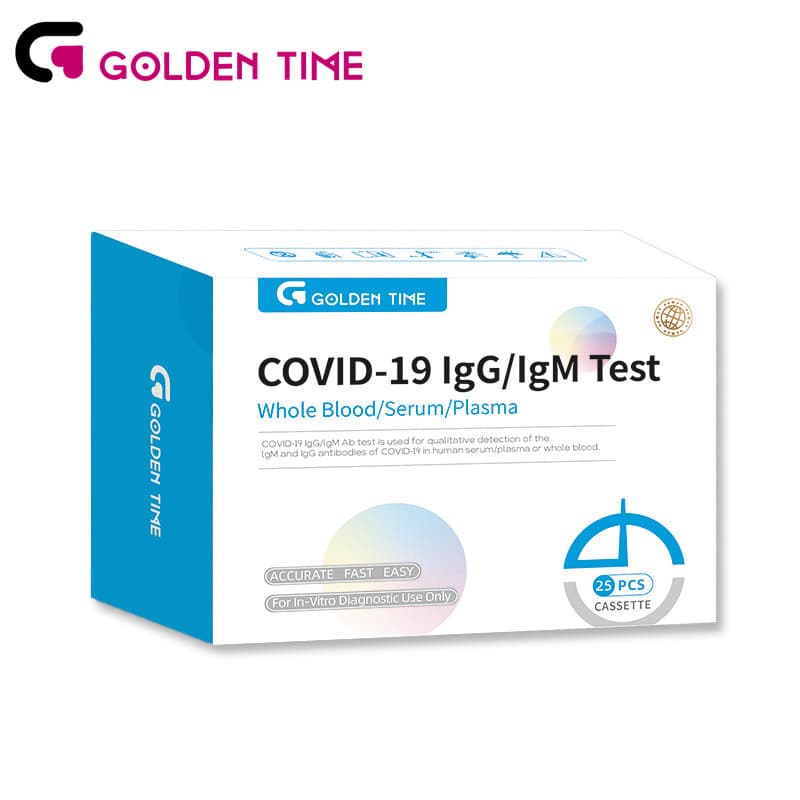നവം . 06, 2024 12:46 Back to list
tb igg igm
Understanding TB IgG and IgM Testing A Comprehensive Overview
Tuberculosis (TB) is a highly infectious disease primarily caused by the bacterium Mycobacterium tuberculosis. It predominantly affects the lungs but can also impact other parts of the body. Early diagnosis and treatment are crucial for controlling the spread of TB and ensuring patient recovery. One of the diagnostic methods employed is the serological testing of antibodies, specifically IgG and IgM, in response to TB infection.
Understanding TB IgG and IgM Testing A Comprehensive Overview
In the context of TB, the presence of IgM antibodies is particularly noteworthy. A positive IgM result can indicate that an individual has been recently infected with TB, often within the last few weeks to months. This information can be crucial for early intervention, helping healthcare professionals to initiate prompt treatment, thereby reducing the risk of transmission to others.
tb igg igm

IgG testing, on the other hand, can provide insight into whether the individual has had a previous TB infection that resolved or if they have developed some degree of immunity. While IgG tests can support the diagnosis, they are not typically used in isolation for TB diagnosis. Instead, they are often part of a broader diagnostic approach, which may include tuberculin skin tests, interferon-gamma release assays (IGRAs), and chest X-rays.
It is important to note that while TB IgG and IgM tests can provide valuable information, they also come with limitations. False positives and negatives can occur, which can lead to misdiagnosis. Therefore, these tests are not universally accepted as definitive diagnostic tools for TB on their own. They are best used in conjunction with other diagnostic methods to provide a comprehensive view of the patient's health.
Moreover, the prevalence of the disease and the context in which the test is administered can affect its accuracy. Healthcare providers must consider the patient's clinical history, risk factors, and exposure to TB before interpreting the results of IgG and IgM tests.
In summary, TB IgG and IgM tests can be useful components in the overall diagnostic process for tuberculosis. By understanding the roles of these antibodies, healthcare professionals can better manage and treat patients with TB, ultimately contributing to the global effort to control and eliminate this contagious disease. Early detection, followed by appropriate treatment, is essential in ensuring the health and safety of both individuals and communities affected by tuberculosis.
-
Dengue NS1 Rapid Diagnostic Test Kit
NewsMar.07,2025
-
Dengue NS1 Rapid Diagnostic Test Kit
NewsMar.07,2025
-
Dengue NS1 Rapid Diagnostic Test Kit
NewsMar.07,2025
-
Transferrin Rapid Test Cassette Tumor Marker TF Card
NewsMar.07,2025
-
Malaria Pf Pan Rapid Diagnostic Test Kit
NewsMar.07,2025
-
malaria pf / pan ag rapid test
NewsMar.07,2025

